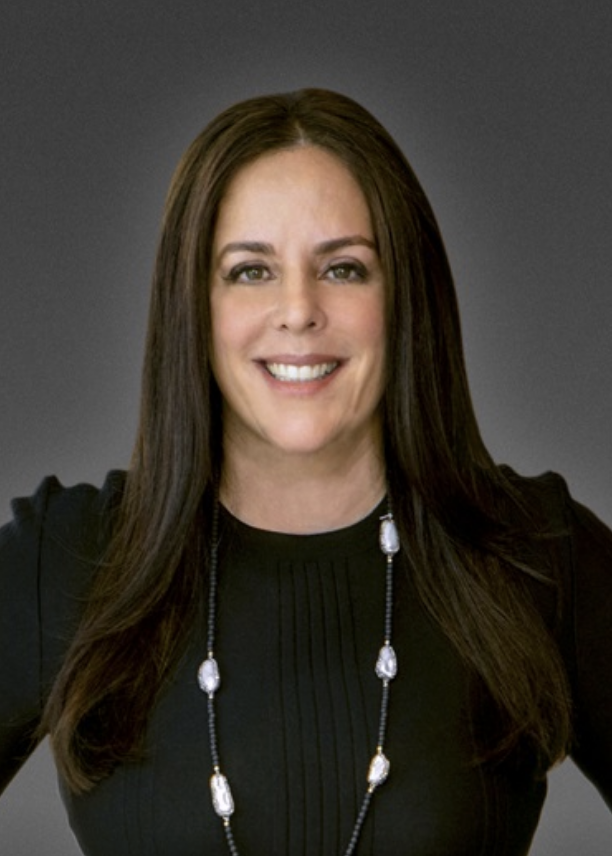Texas may have largely avoided the wrath of the Great Recession. And while for the most part, COVID-19 is geography- and industry-agnostic, the pandemic’s economic impact combined with plummeting oil prices adds up to a perfect storm in what had been a booming and intensely competitive Texas legal market.
Though there is no exact historical corollary to what we’re experiencing, what we do know is that firms that have learned from crises past have the potential to emerge stronger. Having lost an office to 9/11 and seen our colleagues in Asia navigate the SARS and MERS outbreaks, we’ve picked up a few things: the importance of geographic and practice-area diversity; of maintaining clear, constant, and open communication with clients and our team; and of strengthening firm culture in moments that threaten to upend it.

In past calamities, including the 2008 financial crisis, the firms that fared best were often the ones that didn’t rely too heavily on a few specialized practices or on particular geographic markets. This time around, firms with offices in many different parts of the country will be better positioned than those focused on a particular city or state. And firms that are singularly focused on a particularly industry or strategy (such as the retail or oil and gas industries) will suffer more volatility than those that have a more diversified client base or that can help those clients in distress. As an example, while much of our work for energy clients over the past few years has focused on helping them grow and acquire, we are now helping many of the same clients navigate the financial and regulatory issues that are rocking them and their peers. Our regulatory, restructuring and finance capabilities have been in high demand.
Our experience has also taught us that client expectations shift in a crisis. Clients grappling with economic uncertainty don’t want their lawyers learning on the job. Crises like these drive a flight to quality, and firms that have built reputations for excellence will be rewarded. Those that compete on price will be challenged to prove they can deliver top-quality work. This effect could be exaggerated in Texas, where the number of firms has made competition particularly intense, and where the current stakes for clients, and the importance of getting to the right answer quickly, could hardly be higher.
Yet if this and other crises have taught us anything, it is that our people are more important than ever. Communicating among our lawyers and staff is critical, and staying in contact with our clients is even more important in the new work-from-home world.
Firm communication and culture in the time of Covid-19
The communication challenge is both internal and external. New-business pitches don’t have the same feel via web conference. Mentorship can be ineffective when not done in-person. Relationships – with clients, with colleagues – will certainly be different when you can’t meet in person or share a meal.

We’re all still learning how best to adapt, but one thing is clear: all of us will have to be more proactive and engaging. At Sidley we have actively been integrating more lawyers into the agenda in team meetings, spreading the discussion around to get more people talking and finding other ways for people to connect remotely.
Instead of the office luncheons, birthday celebrations and other face-to-face team-building moments that are so key to firm culture, we’ve held Zoom happy hours, online yoga and meditation sessions, and various town-hall meetings to keep the lines of communication open. And we’ve been gratified to see an uptick in lawyers taking advantage of the firm’s wellness resources.
How has lateral and talent recruitment changed?
As Covid-19 and the commodity price collapse begins to impact Texas’s legal market, we also expect more moves in legal talent. Over the past ten years, dozens of firms have moved into Texas. While many thought the lateral moves had largely come to an end, we think the twin challenges of 2020 could lead to another outcome.
Like Texas-based clients, many of the law firms in Texas will face significant stress, and while all of us hope that the Texas legal community comes through this without too many scars, the reality is that a number of lawyers and practice groups who have always been happy at their firms may now reevaluate their platforms. Lawyers by nature are conservative and tend to prefer the status quo, but the twin shocks of COVID-19 and the oil price collapse may lead to an uptick in practice groups and other big name partners shifting to larger, more diversified firms that offer more cross-selling opportunities and that are better built to withstand such shocks.
We can expect the state’s legal market to look different when this is all over. What won’t change, however, is the importance of genuine connection – amongst ourselves, our clients and our Texas communities. Be it by web conference or phone, keeping those relationships alive is one thing we can all endeavor to control, even in the most uncertain of times.
Yvette Ostolaza is a member of Sidley’s Management and Executive Committees, the managing partner of the Dallas office, global co-leader of the litigation practice and a member of the firm’s COVID-19 Task Force.
Cliff Vrielink is also a member of Sidley’s Executive Committee, serves as co-managing partner of Sidley’s Houston office and is the global leader of the energy and infrastructure practice.
